A top Chinese space scientist has called for accelerated planning, research and development for the nation's future interplanetary exploration, particularly for a Neptune mission.
In an article in the latest issue of the academic journal Chinese Space Science and Technology, Yang Mengfei, a senior scientist at the China Academy of Space Technology in Beijing, suggested that China should speed up the overall planning for the country's interplanetary programs after 2030, so that it can achieve technological leaps and take the lead in the popular wave of interplanetary adventures among all spacefaring parties.
According to Yang, who is also an academician of the International Academy of Astronautics and the Chinese Academy of Sciences, Chinese space authorities could consider Neptune as an ideal destination for the nation's long-term deep-space exploration endeavors.
"Ice giants such as Neptune have become a hot subject among researchers around the world who are focusing on deep-space exploration. As the most distant known major planet in our solar system, Neptune is sort of a concentration of gases formed in the early ages of the solar system that contain information about protostellar clouds and the history of planets. Therefore, Neptune can be used as an important reference in the studies of the solar system and exoplanets," Yang and his co-authors wrote in the article. The co-authors are several researchers at the Beijing Institute of Spacecraft System Engineering, which is part of the China Academy of Space Technology.
Yang, who was lead author of the article, titled "Progress and Prospects in Planetary Exploration of the Solar System", is widely known for leading the design work of the Chang'e 5 robotic spacecraft that fulfilled China's first lunar sample retrieval mission.
An ice giant is a colossal planet composed mainly of elements heavier than hydrogen and helium, such as oxygen, carbon, nitrogen and sulfur. Two planets in our solar system, Uranus and Neptune, are categorized as ice giants.
"So far, only the United States' Voyager 2 probe has approached Neptune. Scientists have limited knowledge about an ice giant's atmosphere, inner structures and moons," the article said.
In the article, Yang and his fellow researchers noted that a Neptune-bound journey would lead the robotic spacecraft through the asteroid belts between Mars and Jupiter as well as the Centaurs asteroids between Jupiter and Neptune. This means such a mission can also create opportunities for exploring small ice-based bodies, and the results could extensively improve knowledge about the cryospheres — regions where water freezes into snow or ice — of other planets, they wrote.
"The final destination, the Neptunian system, and the small ice-based bodies along the route are of great scientific value, so we suggest that our nation could use a single mission to orbit and observe the Neptunian system and also survey some ice-based bodies," the researchers wrote. "By doing so, we will be able to lead some fields in the global deep-space exploration endeavor, make breakthroughs in cutting-edge technologies, and help to solve a series of fundamental issues such as the origins of the universe and terrestrial lives and the evolution of our solar system."
However, Yang and his co-authors pointed out that it will be extremely difficult to carry out a Neptune mission due to the exceptionally long distance and the planet's challenging environment.
To make it happen, scientists and engineers will need to develop a number of technologies, such as nuclear and electric propulsion systems that must be small and have high reliability and a long life; a high-performance power supply; ultralong telemetry and communications range; smart flight control; and cutting-edge observation and detection apparatus, according to the article.
China has carried out six lunar exploration programs, which placed two rovers and brought back samples. It has also deployed a rover on Mars that has obtained a great deal of scientific data.
Yang also noted in the article that Chinese scientists and engineers are working on several ambitious endeavors, such as retrieving samples from an asteroid and Mars.








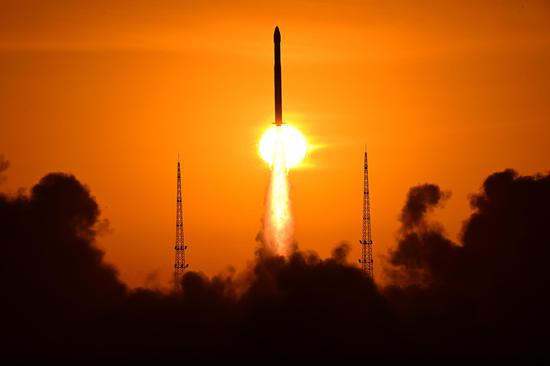
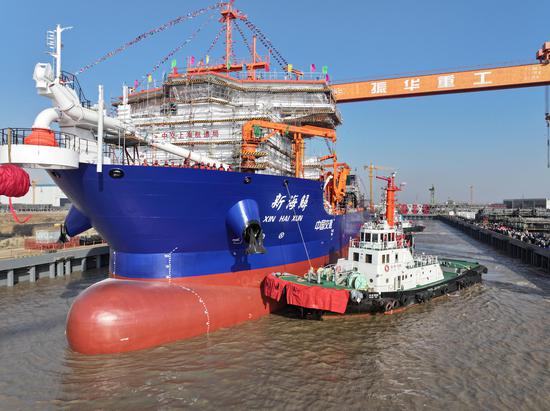







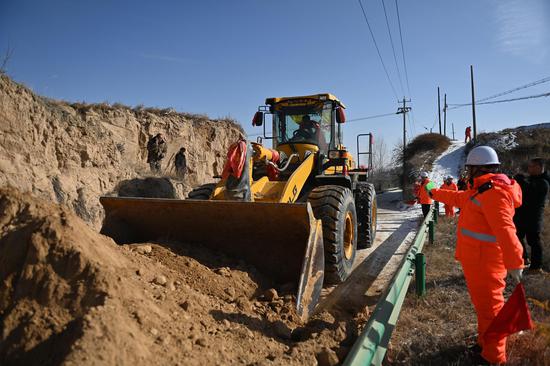
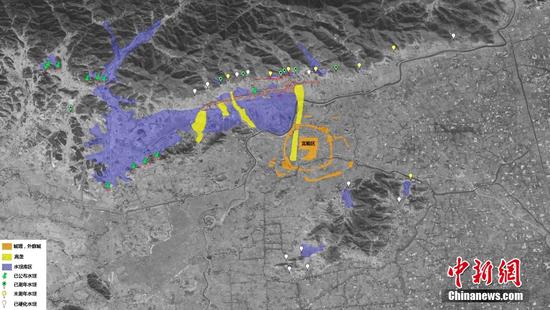







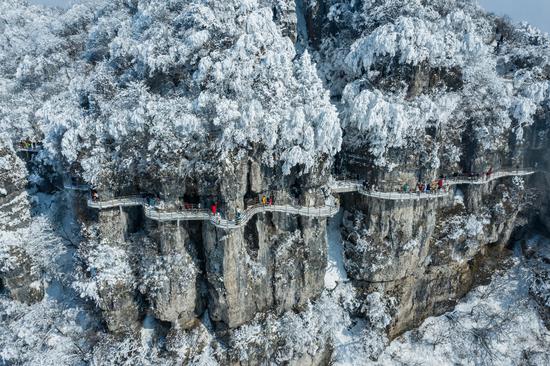
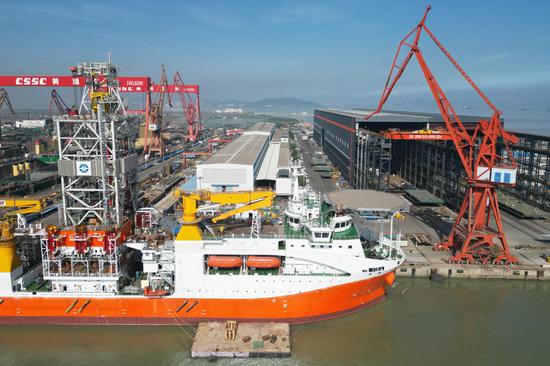


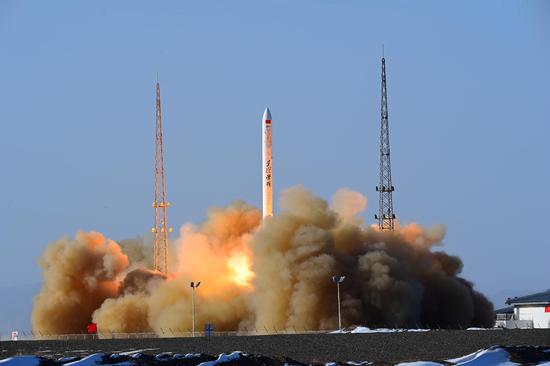




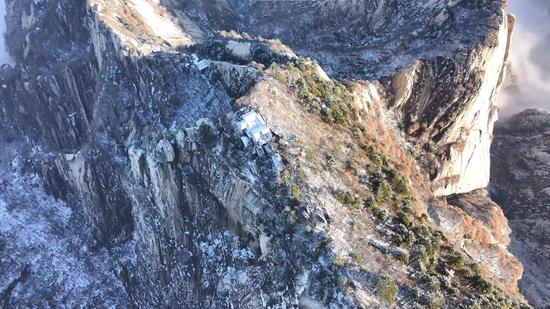


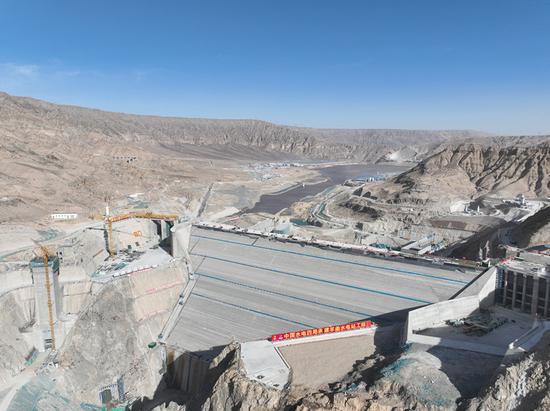











 京公网安备 11010202009201号
京公网安备 11010202009201号